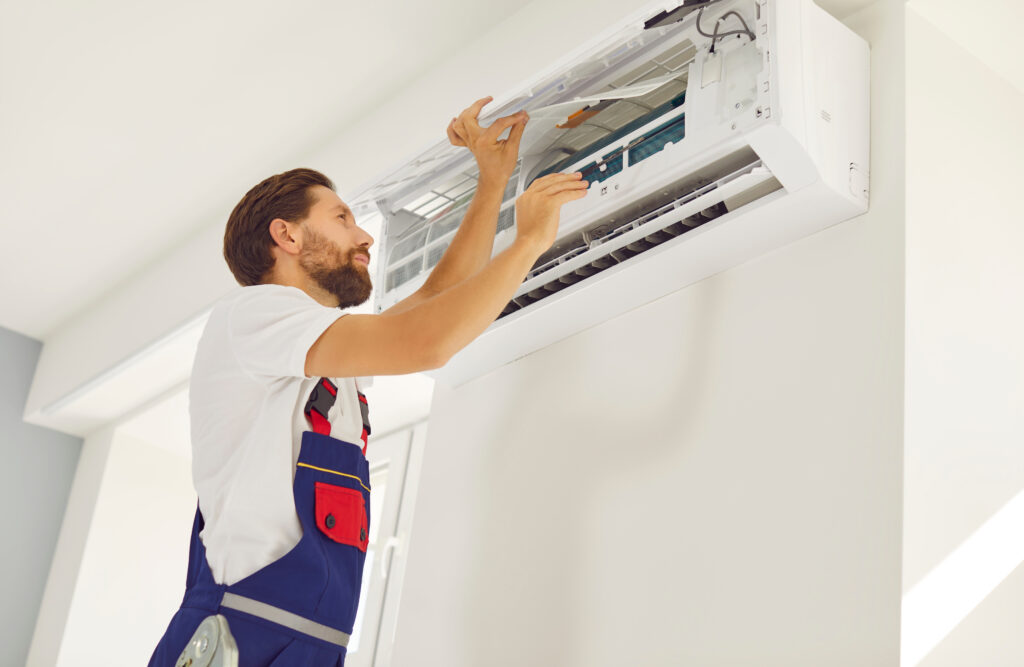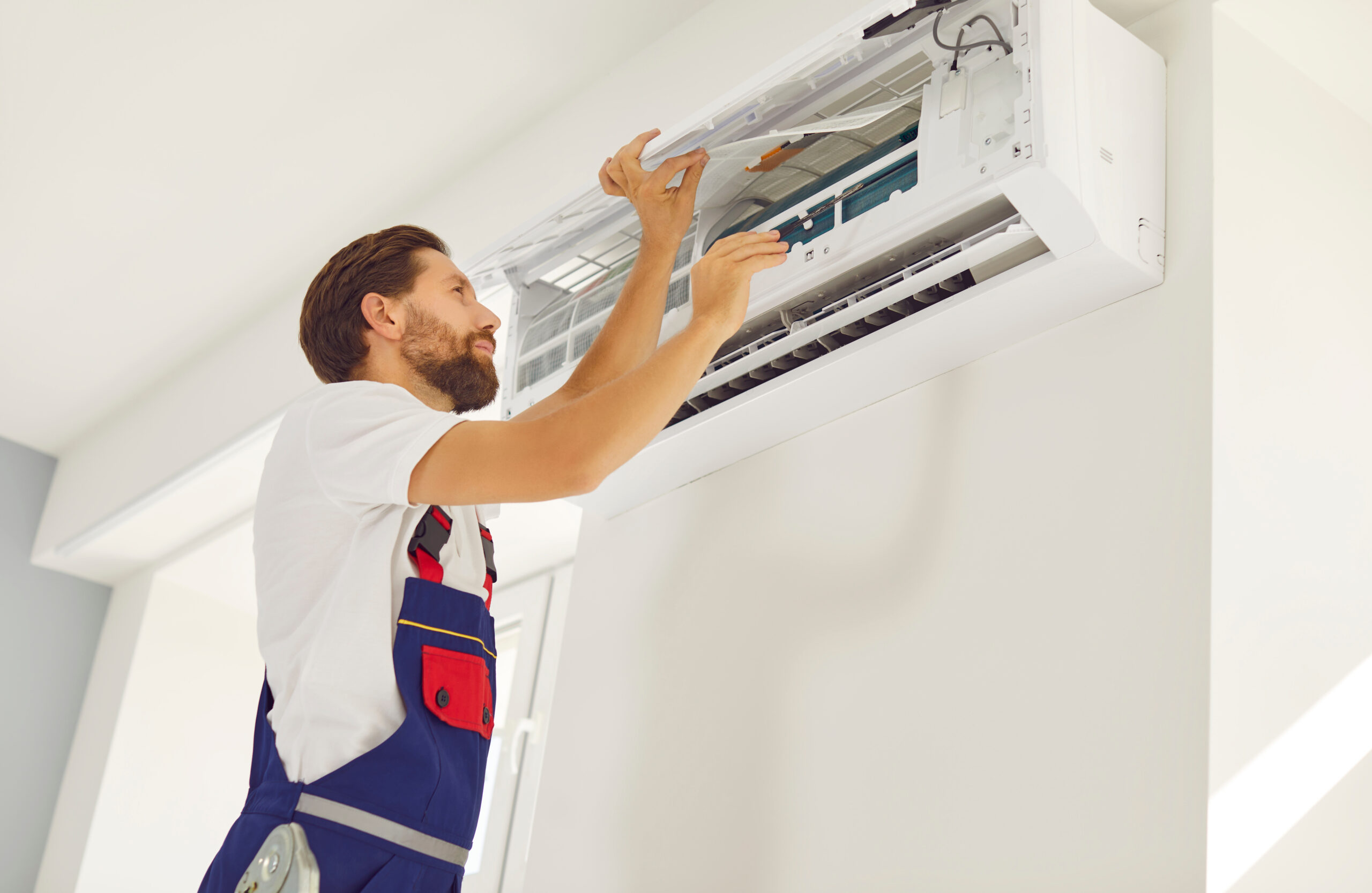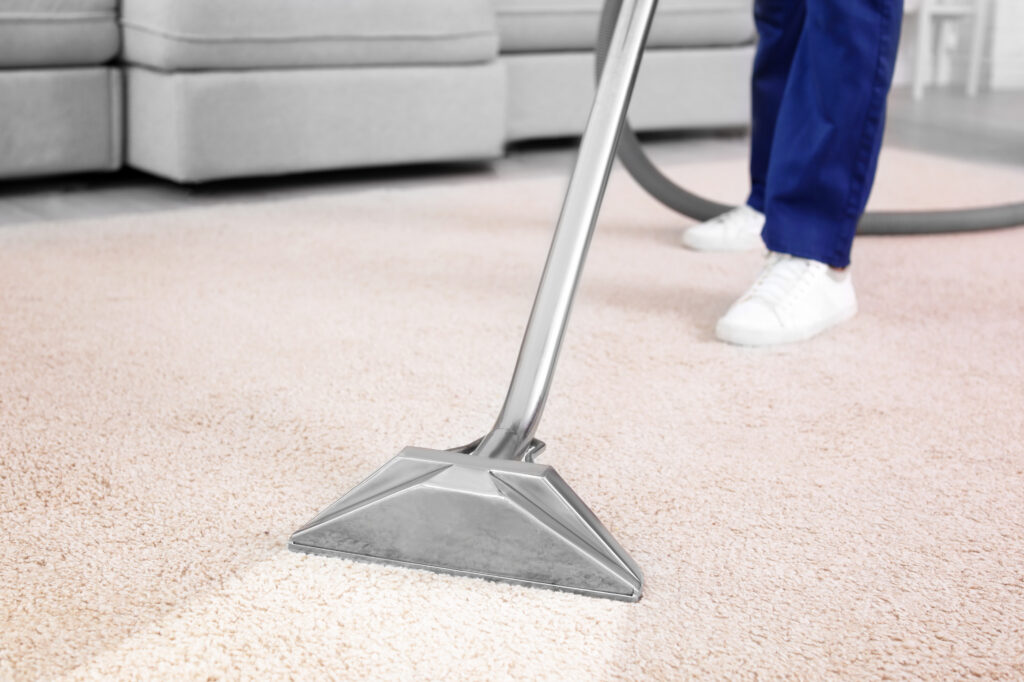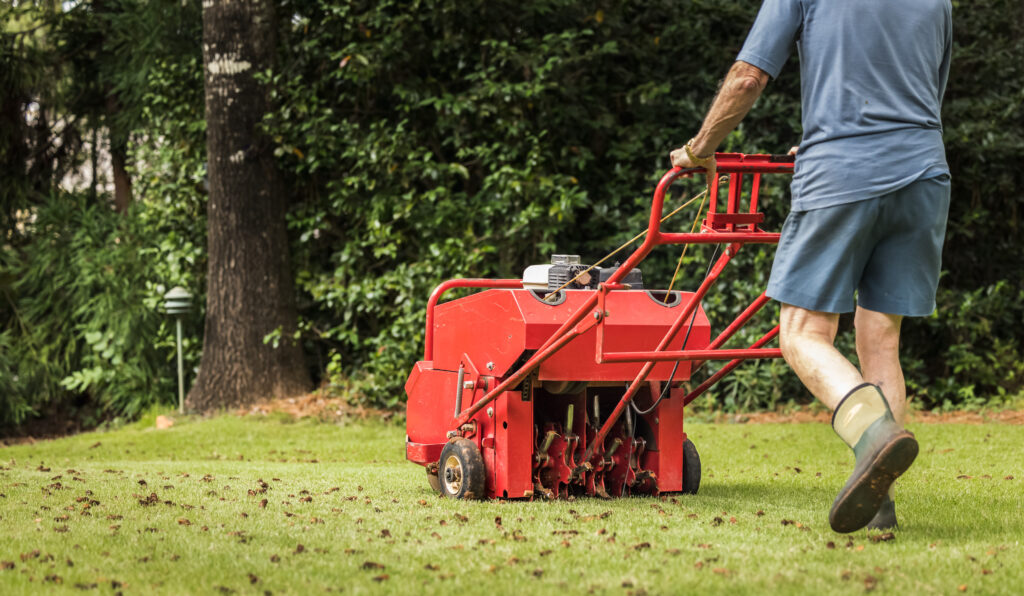How Much Does HVAC Replacement Really Cost? A Homeowner’s Guide to Comfort, Cost, and Coverage
So, your HVAC system’s groaning like it’s on its last leg, your home’s temperature shifts like a teenager’s mood, and the AC repair guy knows your dog by name. Yikes. Replacing your HVAC system can feel overwhelming—not just from a budget standpoint, but from the maze of options, terminology, and timing. Whether you’re sweating through summer or freezing mid-January, this guide will walk you through everything you need to know about replacing your HVAC system. We’ll break it down simply: what HVAC systems are, how they work, what you can expect to pay, and how a home warranty plan (ahem, like one from Armadillo) can save your sanity and wallet.
What is an HVAC System and How Does It Work?
HVAC stands for Heating, Ventilation, and Air Conditioning. Basically, it’s the system that keeps your home warm in the winter, cool in the summer, and breathable in between. It usually includes a furnace, an air conditioner, ductwork, vents, and sometimes extra players like air purifiers or humidifiers. Your HVAC system is like the lungs of your home—it’s behind the scenes, but essential to comfort and air quality.
In a conventional setup, a furnace distributes heated air via ducts to warm your house, while an air conditioner cools things down via refrigerant. A thermostat acts as the control panel, and ductwork carries air to and from each room. Some households use heat pumps or ductless mini splits, but most stick with the traditional furnace and central AC pairing.
Average Cost of Replacing an HVAC System in 2024
Here’s the number everyone wants but no one really wants: The average cost to replace a full HVAC system in 2024 ranges from $7,500 to $15,000. Gulp. That figure includes both the furnace and air conditioner—as well as ductwork repair or replacement if needed. Of course, the final number depends on the size of your home, the brand of the equipment, the complexity of the installation, and your zip code (yep, geography affects price). For a standard 2,000-square-foot home, you’re probably looking at around $10,000 to $12,000 for mid-range efficiency options. Higher-end systems (think multi-zoned, energy-efficient, whisper-quiet models) will inch toward that $15K range. If you’re just replacing a single component—say your AC unit dies in July—you might spend around $4,000 to $7,000 for that part alone.
Signs You Need to Replace (Not Just Repair) Your HVAC
Look, no one enjoys shelling out five figures on machinery hidden behind a closet door. But there are signs that point toward replacement being smarter than repair. If your HVAC is older than 12–15 years, it’s ticking toward end-of-life territory. Frequent breakdowns (more than two per year), rising energy bills, weird noises, inconsistent temps—these are all signs your system’s done being the MVP and is now just clinging to its career. Plus, newer systems offer way better energy efficiency, potentially slashing utility costs while keeping your home consistently comfortable. In fact, upgrading from a SEER 10 to SEER 16 system could save you up to 30% on cooling costs alone. So yes, it’s a big upfront cost, but it’s one that pays back over time—and your peace of mind, let’s be honest.
What Affects the Cost of a New HVAC System?
Several factors impact the total replacement cost—which is why trying to Google your specific situation can lead to a rabbit hole of conflicting numbers. First, system size matters. A small home can get by with a 2-ton unit, while larger homes may need 4 or 5 tons. Then there’s energy efficiency. High-efficiency models cost more upfront but usually come with better warranties and lower long-term costs. Brand also affects cost. From budget-friendly Goodman to premium brands like Trane or Lennox, pricing can vary widely. Lastly, installation complexity matters. Do you need new ductwork? Are your electrical systems compatible? Is your unit in a hard-to-reach attic? These details can swing your cost by thousands.
Pros and Cons of Upgrading Your HVAC System
Alright, so let’s weigh it out. On the “pro” side, you get increased comfort (no more sweating through your sheets in June), lower energy bills, eco-friendlier operation, and better indoor air quality. Modern HVAC systems are quieter, smarter (hello, wifi thermostats), and require less frequent repairs—at least for the first five to eight years. On the “con” side: it’s expensive. Like, vacation-you’ll-never-take expensive. And it can be disruptive, both time-wise and schedule-wise. Installation can take anywhere from one to three days. Plus, you’re committing to a major purchase with limited visibility—most of it gets hidden in your closet or attic.
How a Home Warranty Can Offset HVAC Replacement Costs
This is where a home warranty swoops in like a chilled glass of water on a sweltering afternoon. A quality home warranty—like one from Armadillo—can protect you from major out-of-pocket expenses when your HVAC system breaks down. Instead of paying $10,000+ out of nowhere, you’d pay a relatively modest service fee and let your warranty cushion the blow. Of course, not all warranties are created equal—some limit reimbursements, exclude key parts, or charge you through the nose for add-ons. That’s why it’s important to choose a plan that includes “HVAC system replacement” and not just repair. Bonus tip: some plans even include seasonal maintenance. Think of it like health insurance for your house. Pro tip: DON’T skip the fine print—make sure your system is covered before it breaks down, not after.
Why Armadillo is Your Go-To for HVAC Peace of Mind
If you’re staring down the barrel of an HVAC replacement, don’t panic—Armadillo’s got your back. Not only does Armadillo cover HVAC systems with clarity and transparency, but they actually make it easy. Yep, we said it—easy. No mystery fees, no hour-long hold times, no mysterious exclusions hiding in microscopic font. Just solid, dependable protection that shows up when your AC doesn’t. Starting a plan is simple, too. Visit our homepage to explore our coverage offerings or head straight to our sign-up page and build a plan to protect what matters most: your comfort. Because while heatwaves and cold fronts are inevitable, dancing around a broken HVAC system shouldn’t be.


























